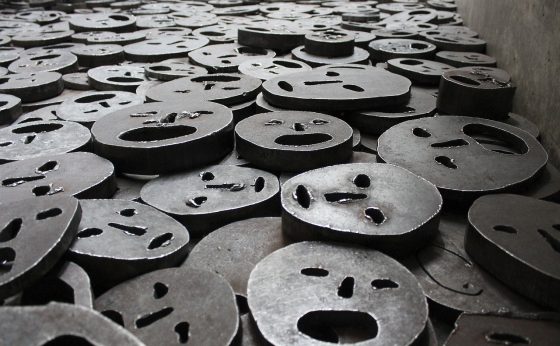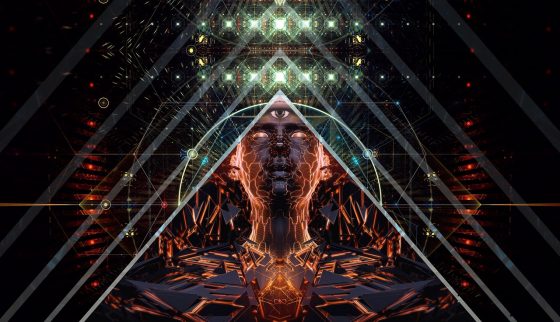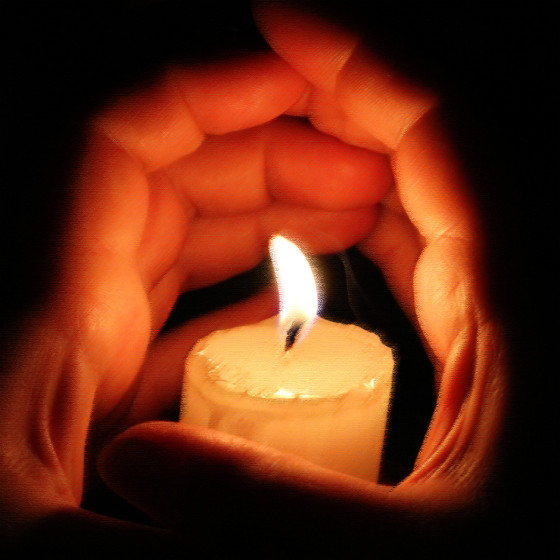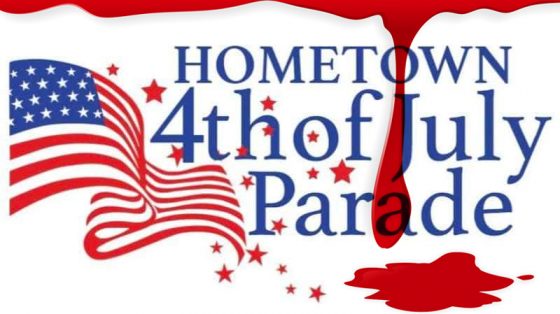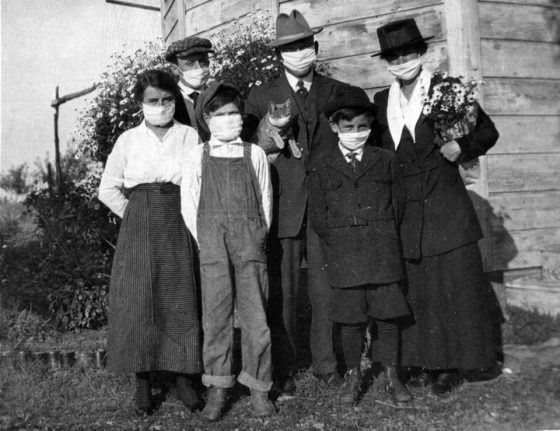
I think human souls are tied to the land that bore them, shaped by it, created to fit the terrain, the weather, the language, the culture of the motherland. When transplanted into a new land, forced or otherwise, souls need to conform. They get broken somehow, edges filed away, bones cracked, empty spaces are hidden or forgotten. That’s why it is easier for kids to abandon their old homelands and immigrate to a new homeland — their souls are still flexible. Adults never truly adapt, they are forever broken, torn away from their motherland. And people who leave their birthplaces when they are somewhere in the middle — not quite adults not really children — become strange misfits. On the outside, they look like they belong, but scratch below the surface and there are surprising gaps and unexpected breaks in their psyche. America is the land of broken souls. “First-generation” or “foreign-born” comprise as much as 13% of all Americans (per 2013 census), more than one in ten! In many ways, immigrants are the most vulnerable population — these are the people who will never quite fit into the fabric of their new homes, they will forever remain tied to…
Read more →


